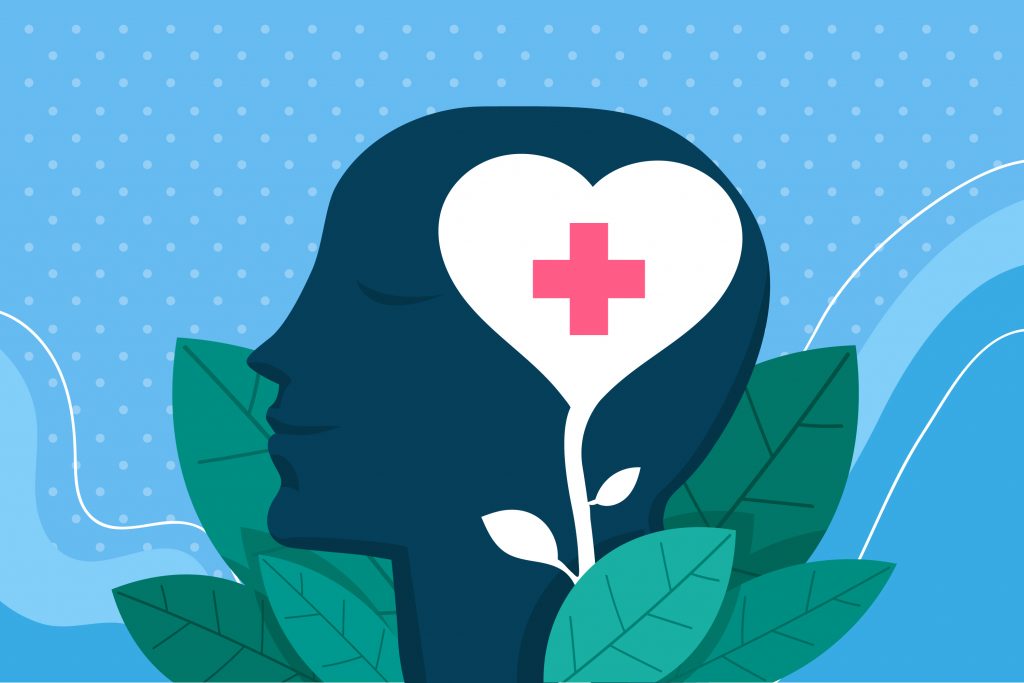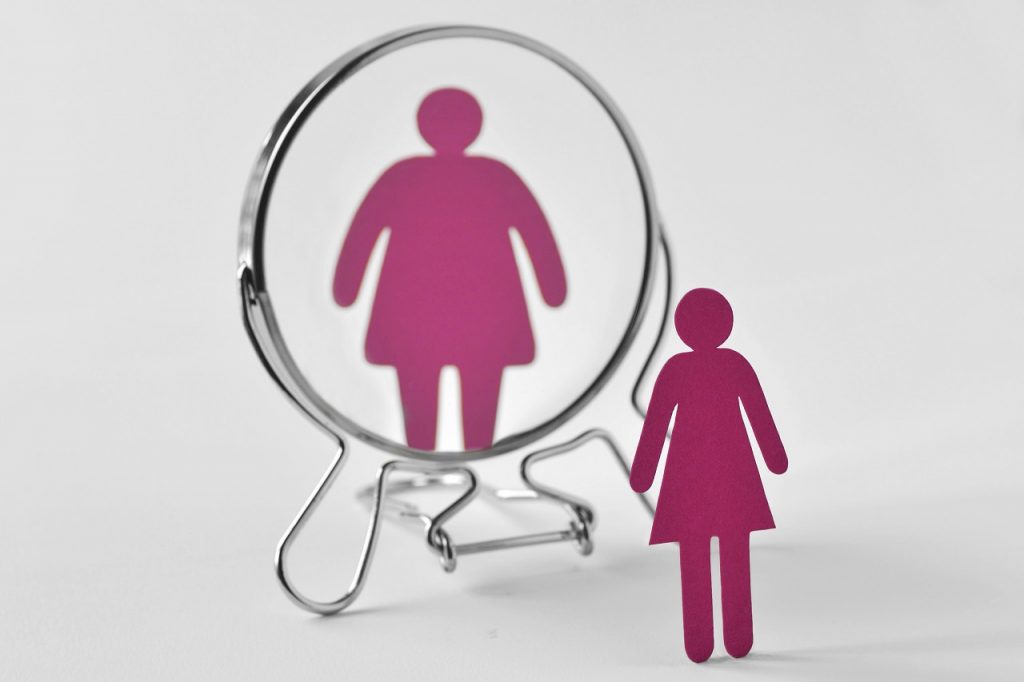 It wasn’t long ago that two of us friends visited a common friend and her family. As we all got chatting on a particularly interesting topic, I grew excited and participated enthusiastically. Everyone seemed to have a good time and I went back in good spirits pondering about some of the things we spoke about.
It wasn’t long ago that two of us friends visited a common friend and her family. As we all got chatting on a particularly interesting topic, I grew excited and participated enthusiastically. Everyone seemed to have a good time and I went back in good spirits pondering about some of the things we spoke about.
A few weeks later the friend who had accompanied me for the visit, gently pointed out to me that I had dominated the conversation that evening; chiming in more often than was necessary, cutting off others in my enthusiasm. As he shared his observation, I could feel the blood rushing to my head. Every cell in my body demanded that I put this friend in his place by giving free reign to the hurtful words that awaited their release from the tip of my tongue.
All through the din of my internal battle drums, a very quiet voice from somewhere close to my heart, stopped me. It calmly pointed out that may be this friend was not so completely wrong. But I still hadn’t reached a place of unconditional self-acceptance so as to receive such feedback with grace and gratitude. I was foaming at the mouth instead.
Just about managing to hold back the venom that was ready to spew through my words, I sat through the next 5 minutes in stoic silence letting my loving friend squirm in discomfort, though he deserved better for his courage and honesty. With the passing of minutes I managed to calm down sufficiently to be decent to him. We even managed to finish our coffee and share a few smiles before going off our different ways.
That evening I sat with my journal painfully writing down an honest account of what had happened on that particular evening — the evening of the get-together, when I was supposed to have been behaving like a self-centred loud mouth. As I sifted through the scenes, it became clear that my friend had been spot on in his feedback.
As all of us had engaged in discussing and debating on an interesting topic, I had kept pushing my point of view, expressing my thoughts and increasing my volume just a wee bit, enough to suppress any attempts by others to oppose me, not pausing for breath; almost as if I was scared that if I paused someone may take my place as the Prima donna.
I remembered observing and ignoring fleeting expressions of frustration and impatience on the listeners faces, as they experienced themselves being cut off half way through their sentences. I recalled the grace with which they chose to listen to me rather than express their irritation. I even remember having the nagging feeling that I should stop, slow down, pause and let others participate, but something kept egging me on. This “something” is what I was scared to confront. Because according to my judgment this “something” — the need to feel important, made me a pathetic person.
I felt embarrassment and anger course through me — Embarrassment about my appalling behaviour and anger towards myself for not doing better. After a few hours of internal battle, I came out relatively unscathed, resolving to work on changing my behaviour. I am glad to say that I have made progress since then.
As I looked back on that evening of introspection and asked – why was the experience so painful? What was it that helped me come out a better person, through it? This is what I learnt.
I had experienced shame and anger at the beginning because I had been judgmental about myself, telling myself that I was expected to be thoughtful and considerate at all times. Effectively I was holding myself up to standards that I may never be able to live up to — of not making mistakes. However after calming down with a few deep breaths, I had told myself what I tell many of my clients, who are trying to bring about change in themselves — You are more than your words and actions; acknowledging a flaw in a behaviour does not imply that you are a bad person. I had practiced with great difficulty what I preach to my clients — self-compassion and self-love.
I had held myself lovingly through the pain of knowing that in those moments I must have behaved like a selfish inconsiderate idiot, but had also assured myself that I still wasn’t any of that; that it was a behaviour demonstrated in a moment of ignorance and poor judgment; that I was capable of bringing about change. I had reminded myself that pain is the strongest indicator of growth.
Self-compassion and self-love had saved the day. And I will admit that it is not always easy to practice these. I had help — help in the form of all those friends and family who, in my life journey, not only showed me compassion but also let me know that I was loved, through my moments of weakness and strength; help in the form of those masters and authors who made themselves the instrument of change and generously laid out their life experiments for others like me, to learn from; help in the form of clients who dug deep into their being, to come up with the courage to care for themselves despite their flaws. I was grateful to them for allowing me to witness the transformation they brought in themselves with such love, for instilling in me the confidence that true personal growth needs a mix of honesty, courage, love and self-compassion and for giving me the inspiration to grow.
As I write this I wish and hope that more of us can practice self-compassion and self-love because we need it, we deserve it and because I am convinced that the only way we can bring about substantial change and growth in ourselves, is through love and compassion.
#BeTheForce
 The Coronavirus pandemic seemed far away from us until a few weeks ago and now, it has created intense volatility in every aspect of our life. With uncertainty looming, the general sense of fear is widespread. It is imperative to maintain emotional wellness now!
The Coronavirus pandemic seemed far away from us until a few weeks ago and now, it has created intense volatility in every aspect of our life. With uncertainty looming, the general sense of fear is widespread. It is imperative to maintain emotional wellness now! 



